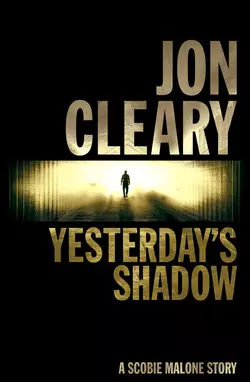Yesterday’s Shadow

Jon Cleary
Тип: электронная книга
Жанр: Триллеры
Язык: на английском языке
Стоимость: 542.29 ₽
Статус: В продаже
Издательство: HarperCollins
Дата публикации: 16.04.2024
Отзывы: Пока нет Добавить отзыв
О книге: From the award-winning Jon Cleary, a novel featuring Sydney detective, Scobie Malone. Two murders in one hotel on the same night – coincidence? The first victim is a cleaner, but it is the second corpse that sets alarm bells ringing in Sydney′s Homicide and Serial Offenders Unit, for the victim proves to be the wife of the American ambassador.Two people are murdered in one night… in the same hotel. The first victim is a cleaner, and the second turns out to be the wife of the American ambassador.Alarm bells are ringing in the Sydney′s Homicide and Serial Offenders Unit and – as if he didn′t have enough to contend with fending off interested parties from the FBI, CIA and federal authorities – Scobie Malone finds himself confronted with a long-forgotten girlfriend who is the widow of an abusive husband.